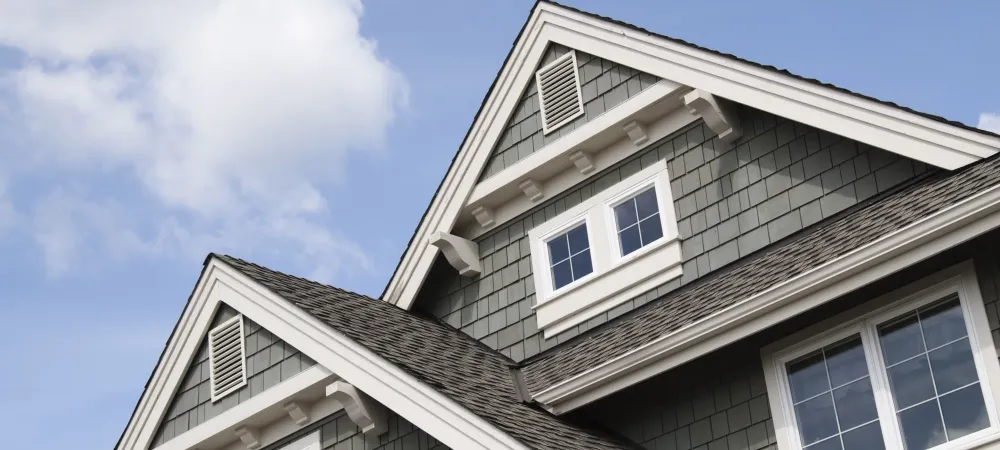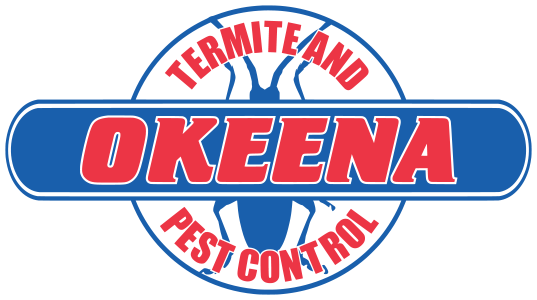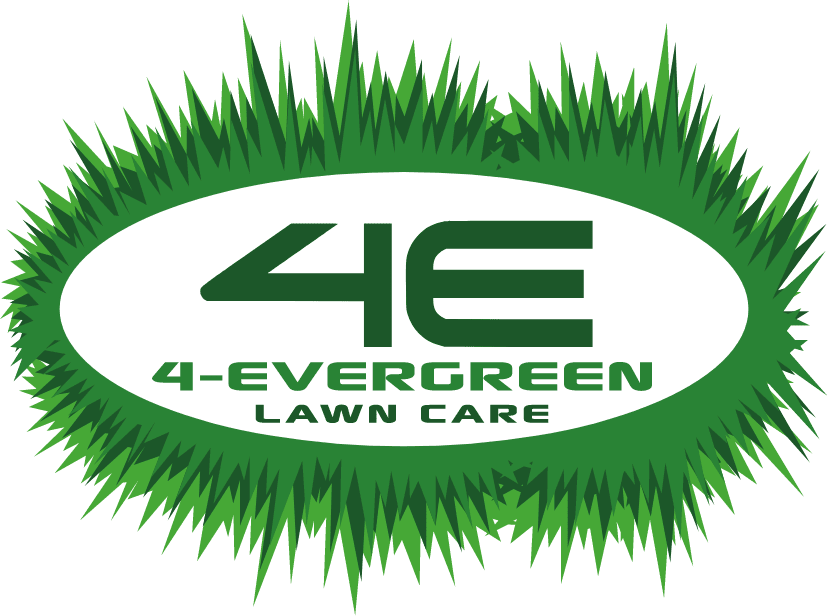Frequently Asked Questions About Cellulose Insulation

Key summary: Cellulose insulation is a versatile and eco-friendly option for homeowners seeking effective thermal insulation. By addressing these frequently asked questions, we hope to empower you with the knowledge needed to make an informed decision about incorporating cellulose insulation into your home.
Table of contents:
- Is cellulose insulation safe?
- Does cellulose insulation contain asbestos?
- Is cellulose insulation flammable?
- How long does cellulose insulation last?
- Does cellulose insulation settle?
- Can mold grow on cellulose insulation?
- Can cellulose insulation cause allergies?
- Does cellulose insulation attract pests?
- Can cellulose insulation be installed in existing homes?
- How does cellulose insulation compare to other insulation materials?
Is cellulose insulation safe?
Yes, cellulose insulation is safe. Cellulose insulation is treated with fire-retardant chemicals, making it a safe choice for residential use. It undergoes rigorous testing to ensure it meets safety standards and regulations. Additionally, cellulose insulation is non-toxic and does not release harmful chemicals into the air, ensuring a healthy indoor environment.
Does cellulose insulation contain asbestos?
Cellulose insulation does not contain asbestos, as it is made from recycled paper products and treated with fire retardant chemicals to enhance its resistance to burning. This type of insulation is widely considered safe and environmentally friendly, as it contains no harmful substances like asbestos.
Is cellulose insulation flammable?
Cellulose insulation is considered to be a fire-retardant material rather than flammable. It is treated with fire-resistant chemicals, such as borate, which help to slow down the spread of flames. When installed properly, cellulose insulation can provide an effective barrier against fire.
However, it is important to note that no insulation material is completely fireproof. In the event of a fire, cellulose insulation may char or smolder, but it is less likely to contribute to the rapid spread of flames. It is always recommended to follow safety guidelines and building codes when installing and using insulation materials.
How long does cellulose insulation last?
Cellulose insulation can last for several decades, with an average lifespan of around 20-30 years. Its durability depends on various factors such as the quality of installation, environmental conditions, and maintenance. Regular inspections and maintenance can help ensure that cellulose insulation remains effective and lasts as long as possible.
Does cellulose insulation settle?
Cellulose insulation does settle over time due to its weight and gravity. This settling can result in a decrease in the insulation's effectiveness and performance. However, cellulose insulation can be fluffed or re-distributed to restore its original thickness and R-value. It is recommended to periodically check and maintain cellulose insulation to ensure optimal energy efficiency and insulation performance.
Can mold grow on cellulose insulation?
Yes, mold can grow on cellulose insulation. If the insulation becomes wet or damp, it creates a favorable environment for mold to thrive. Mold can consume the organic material in cellulose insulation and spread throughout the area, potentially causing health issues and structural damage. It is important to address any moisture issues and properly maintain cellulose insulation to prevent mold growth.
Can cellulose insulation cause allergies?
Cellulose insulation is generally considered safe and non-toxic. However, some individuals may experience allergic reactions to the dust particles released during installation. These reactions can include coughing, sneezing, and itchy eyes. It is important to note that cellulose insulation itself does not contain allergens, but the dust created during installation can trigger allergies in sensitive individuals. This is why we recommend hiring professional insulation installers who have the proper protective gear and experience.
Does cellulose insulation attract pests?
Cellulose insulation is treated with borates, which act as a deterrent against pests, including insects and rodents. The borate treatment makes the insulation unappealing to pests, reducing the risk of infestation.
Can cellulose insulation be installed in existing homes?
Yes, cellulose insulation can be installed in existing homes. It is often blown into wall cavities, attics, and other spaces using specialized equipment. Retrofitting an existing home with cellulose insulation can improve energy efficiency.
How does cellulose insulation compare to other insulation materials?
Cellulose insulation compares favorably to other materials in terms of cost, thermal performance, and environmental impact. It often provides better R-values and is competitively priced compared to alternatives like fiberglass or foam insulation.
Read more here about the different types of insulation.
Looking for Cellulose Insulation Services?
If you're located in the greater Memphis area, our cellulose insulation experts are here to help! We have over 64 years of experience and service the following towns:
- Brownsville
- Covington
- Dyersburg
- Jackson
- Martin
- Memphis
- Newbern
- Ridgely
- Ripley
- Tiptonville
- Union City
- Kennett, MO

